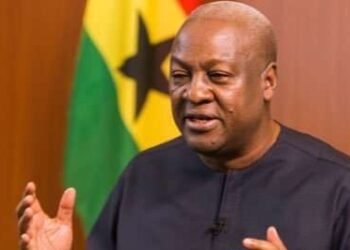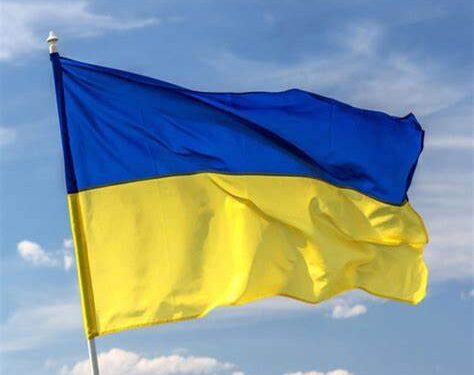Political commentator, Bright Simons has issued a sharp caution against over-reliance on the International Monetary Fund (IMF) as a credible evaluator of Ghana’s economic progress, citing structural and sovereign limitations that make such expectations unrealistic.
Speaking during a recent policy dialogue, the outspoken policy analyst argued that the IMF’s very nature as an intergovernmental organisation prevents it from serving as an impartial or robust critic of governments, including Ghana’s.
“To expect the IMF to play the role of a serious critic of the government, a serious scrutinizer of government, is unrealistic.
“There’s a limit to it because at the end of the day, Ghana will also go to the board of the IMF, it has its governor represented, and then try to push its case”
Bright Simons, Political Commentator
According to Simons, it is misguided for citizens and institutions to rely on the IMF’s watchdog role over Ghana’s fiscal discipline, when the Fund is structurally and politically embedded within the very governments it claims to monitor.
Simons explained that the sovereignty of member states creates a fundamental barrier to the IMF acting as an effective check on any government.
The Fund, he noted, is not an external, independent auditor but a creation of the very political systems it is expected to supervise. “There’s an extent to which an intergovernmental body can be an effective check on the government because of sovereignty,” he emphasised.
This raises deep concerns for governance in countries like Ghana, where state institutions often cite IMF commendations as evidence of economic credibility.

Under the country’s new administration, efforts to restore economic stability have been linked closely to an ongoing IMF programme. However, Simons believes that without independent domestic oversight, such reliance could become dangerously uncritical.
Interest and Performance Incentives
Beyond sovereignty, Simons pointed to a more insidious issue: conflict of interest within the IMF’s structure.
“The IMF itself designs the programs for recovery. The IMF has a very strong incentive to say the program is doing well, because the IMF is part of the design”
Bright Simons, Political Commentator
Simons explained a possible vested interest by the Fund in reporting progress even when outcomes are less than ideal because it designs the same recovery programmes it later reviews, cautioning reliance on such reports by governments.
He continued by describing a third major structural issue.
“The IMF signals to the investor community, the IMF signals to other MDBs… that things are looking good so come and put money into Ghana. So how can the IMF be too negative?”
Bright Simons, Political Commentator
The IMF must maintain optimism to encourage investor confidence and attract support from other multilateral financial institutions. He explained that this would most definitely make the institution less critical of failing governments, even when problems persist.
Civil Society and Policy Maturity
In Simons’ view, this complex entanglement leaves a vacuum that must be filled by a more robust civil society.
“If the IMF is serious, there has to be the role of civil society in a much more central way but they don’t really want that”
Bright Simons, Political Commentator
He argued that local actors should no longer place the IMF at the centre of national economic evaluation, particularly when the Fund itself resists broader participation.

He warned against the national tendency to treat IMF approval as the final word on economic success. Instead, Simons urged Ghanaians to interrogate such statements and demand alternative assessments.
“We as a citizenry have to become less and less willing to be taken in by such theatrics,” he asserted.
Despite these calls, Simons lamented the weak influence of Ghanaian civil society in shaping elite opinion, both locally and internationally. He called for a fundamental rethinking of the “domestic economic surveillance mechanism,” warning that true accountability cannot come from abroad.
“Anyone that relies entirely on IMF policy surveillance or whatever, is not mature enough, is not sophisticated enough”
“The IMF says something, but we have to discuss it by this and that. Who else is saying something? That ‘who else’ is what we have missing now”
Bright Simons, Political Commentator
Simons’ remarks serve as a pointed reminder that international validation, especially from structurally conflicted institutions, cannot substitute for strong domestic scrutiny.
As Ghana continues its fiscal recovery, the challenge now is to ensure that civil society and independent voices are empowered to shape the national narrative beyond IMF praise.
READ MORE: Ayisha Modi Makes Claims Against Stonebwoy




















